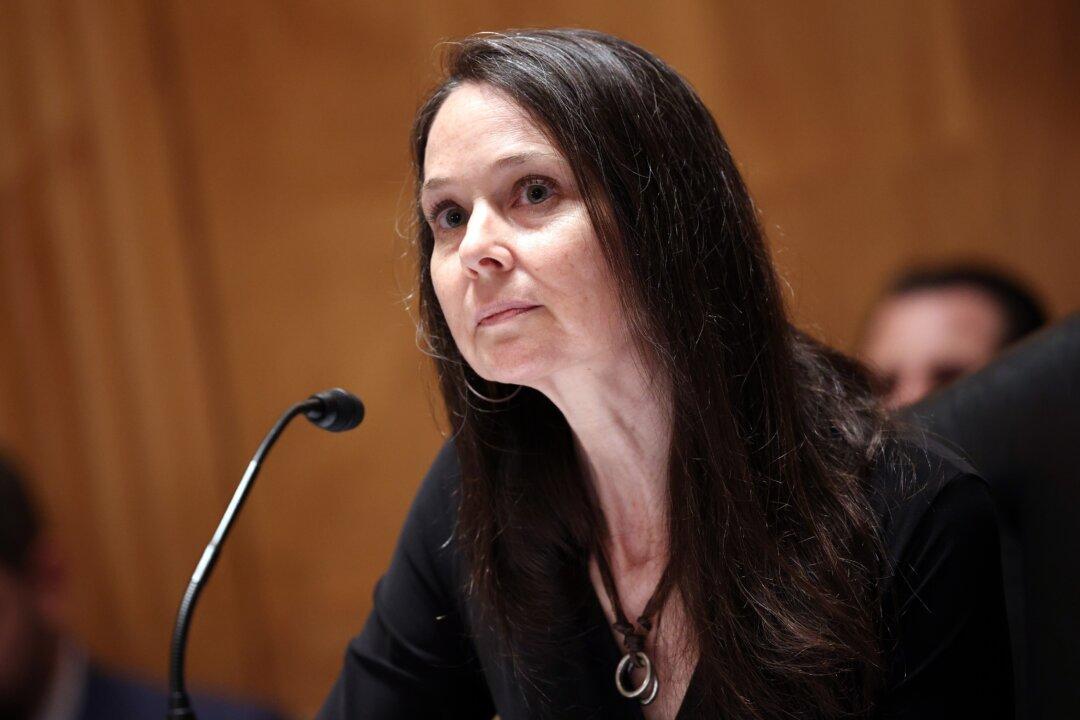The government’s pressure campaign on big tech companies to censor users, including the claim that Facebook was “killing people” by not cracking down enough on purported misinformation, was not coercive, Biden administration lawyers argued in a new motion.
Even if government officials “urged social media companies do more to contain misinformation, any content moderation decisions made by social media companies ultimately ’rested with' those companies,” the lawyers said in the Nov. 22 filing, which asks a judge to toss the high-profile case that accuses the government and big tech firms of colluding to censor users in violation of the First Amendment.





